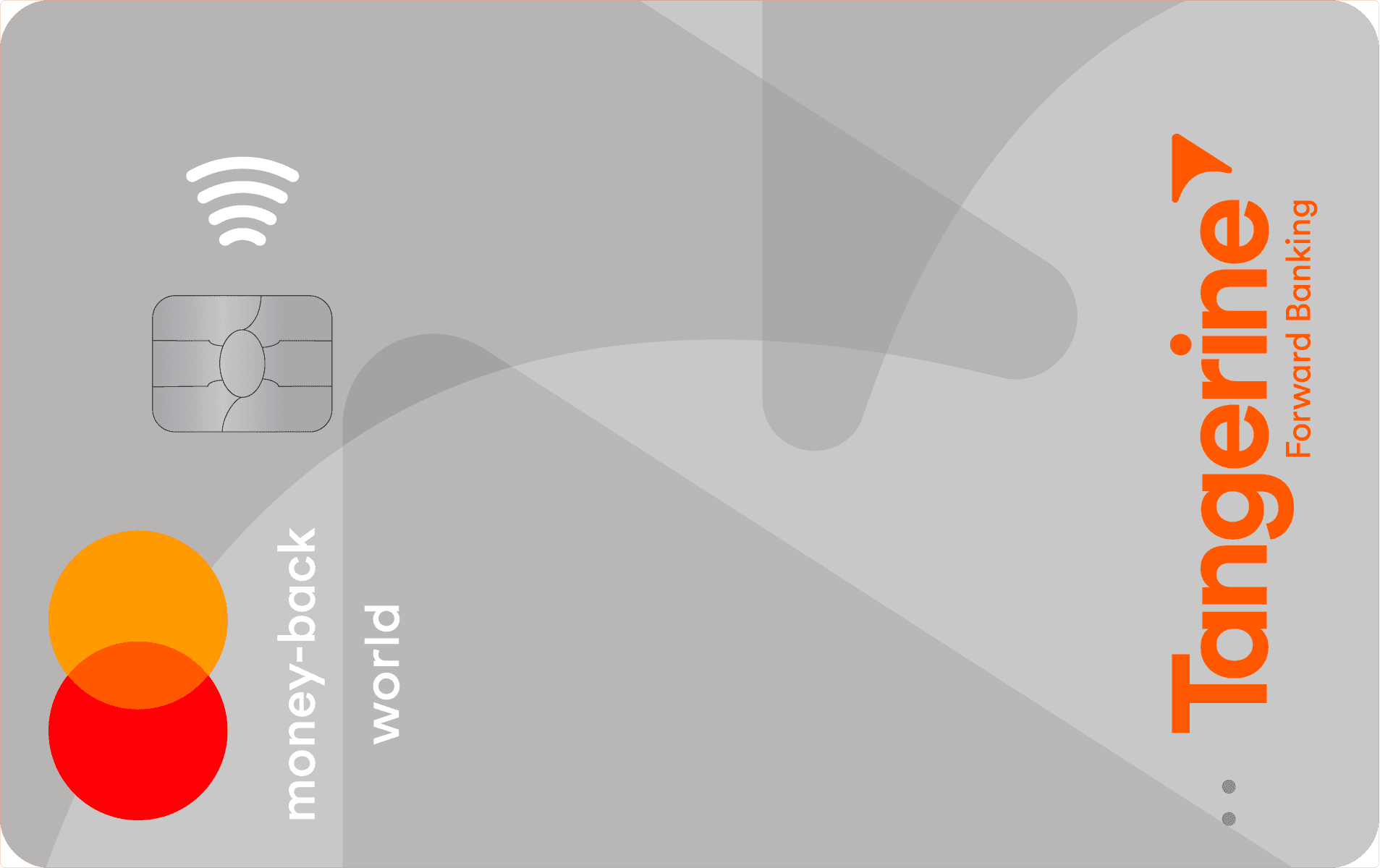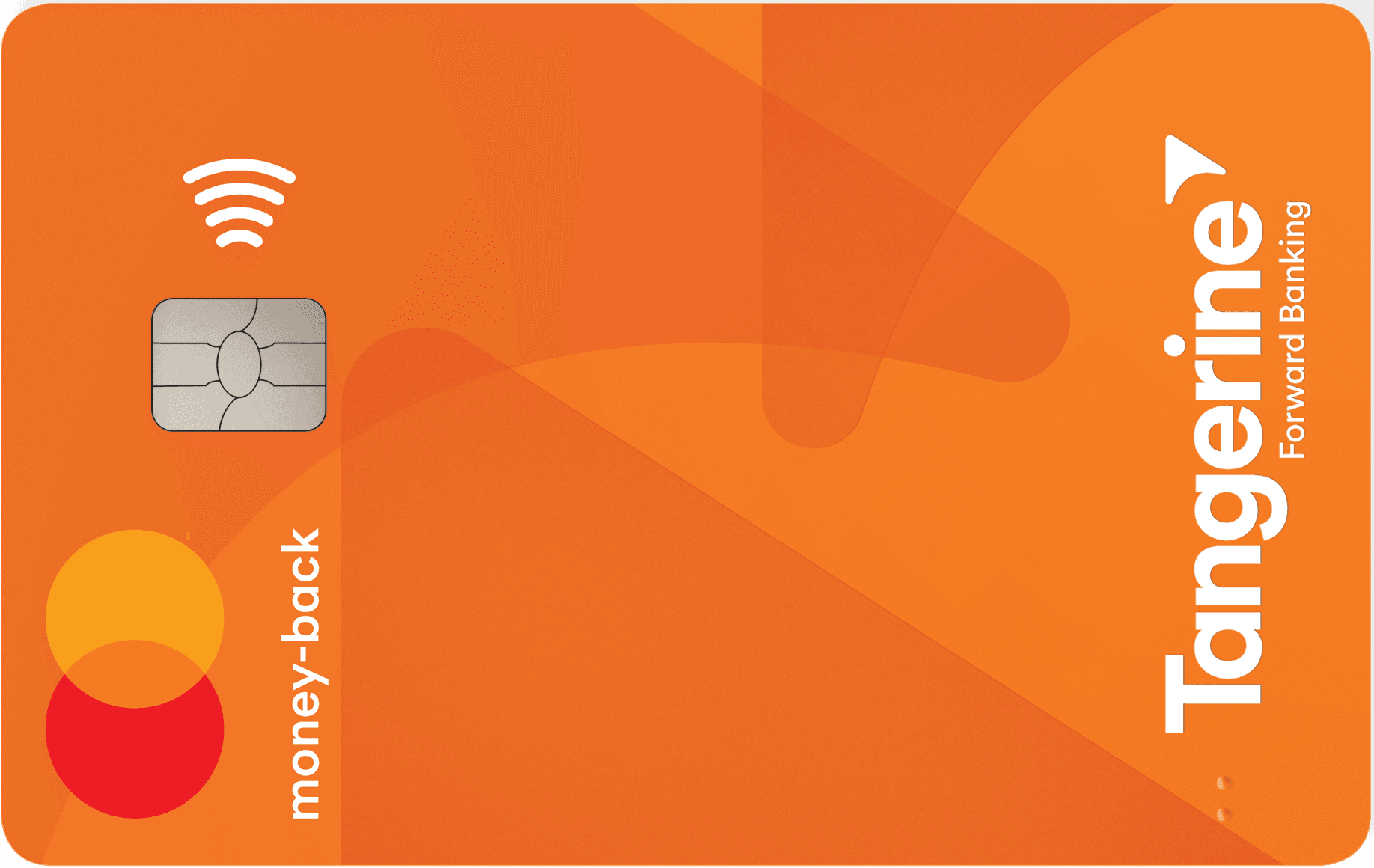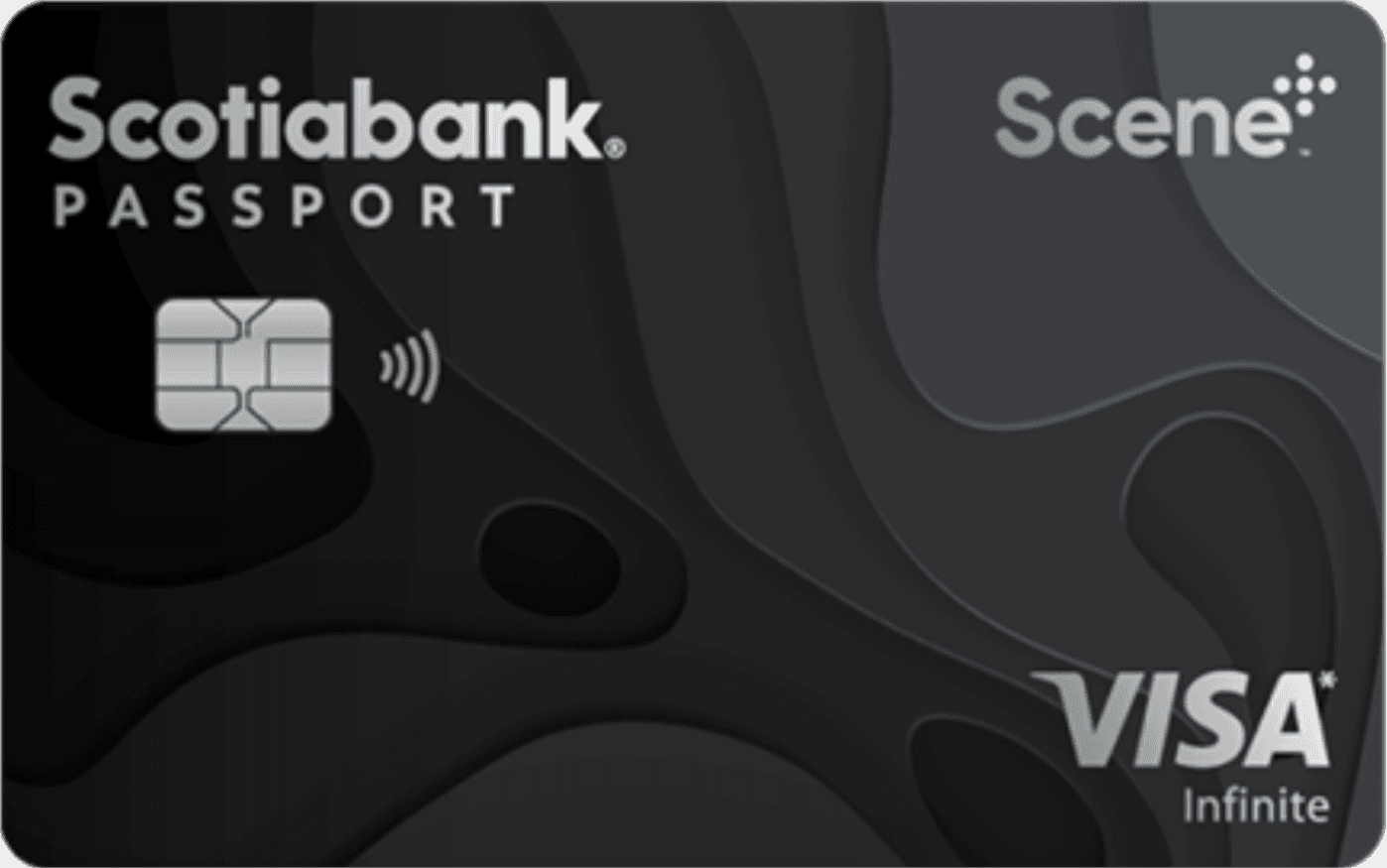Working hard in the background...
Comparing Personal and Business Credit Cards in Canada - An Overview
Published Jan 4, 2026 7:15 PM • 8 min read
The reliance on Credit cards has escalated in Canada, like in other parts of the world. The ease of using credit cards for financial transactions has motivated users to adopt this method and enjoy the associated benefits. When applying for a credit card, the biggest struggle is choosing a card that best fits your needs and usage. It is essential to select a card that offers rewards and points tailored to your needs and spending habits.
The credit card choice becomes even trickier when you are running a small-scale business. In such cases, the choice between a personal or business credit card is a genuine struggle. Although the general function of credit cards remains the same, the related rewards, points, cash back, and miles can vary, which may influence your decision. You want to apply for a credit card that offers the rewards that you are interested in redeeming. For instance, if you are more inclined to get free miles, then you won’t be interested in a credit card that allows you to enjoy discounts on eateries.
Of course, the credit card offers can vary from one financial institution to another, but the major offerings are quite similar. Based on these major offerings, here are the factors that you need to consider when choosing between personal and business credit cards.
1. Credit Card Usage
Personal credit cards are designed for individual use. They are meant to help you manage your expenses, including monthly groceries, entertainment, rent, fees, and travel. Whereas business credit cards are designed to help small business owners manage their business-related expenses. It also allows them to separately record their business expenses from their personal expenses while having a separate credit card for business usage. They can also track their monthly expenditure, which helps them manage their business records effectively.
Read More: Best Business Credit Cards in Canada
You should determine your usage and then select the credit card that best suits your needs. If you intend to maintain separate records for your household and business expenditures, then it is a wise decision to get a separate card for each.
2. Credit Limit
The credit card limit is determined by a person's credit score, credit payment history, and financial standing. For personal credit cards, a credit score and personal financial standing are of utmost importance, as they can significantly influence the credit limit offered by the financial institution.
For business credit cards, the credit limit depends on the business's worth, business credit history, annual income, and financial position. This is why the more financially stable a business is, the more credit limit it gets from the bank or financial institution. That is the case at least for established businesses. For new startups or smaller entities, a business's ability to gain access to credit often depends on the personal finances of its owner.
Usually, the credit limit for personal credit cards is low in comparison to that of business credit cards, considering you are financially viable to get approval for a credit card. When choosing between a personal and business credit card, it is essential to determine the credit limit you want to have.
The credit limit depends on your personal usage requirement as well as your spending habits. If your spending habits are such that you want to have a low credit limit to save you from impulse buying, then the personal credit card should be your pick. If your spending habits are in control and you want to have leverage to spend at a higher level, then a business credit card is a perfect fit for you.
3. Interest Rates
The interest rates on personal and business credit cards can vary considerably. With personal credit cards, you can expect to get 0% APR for the first few months, along with other promotional offers that you may not get with a business credit card. Whereas, the introductory bonuses on business credit cards can also be quite attractive.
This is why it is important to analyze the trade-off between the interest rate and added benefit while choosing a credit card. You might want to choose a business credit card despite the higher interest rate because its introductory bonus is too lucrative.
4. Additional Cards
You can apply for additional credit cards with both personal and business credit cards. For personal credit cards, you can apply for an authorized credit card. The authorized credit card can be used with all the perks and rewards of a main credit card, but the payment liability stays with the primary credit card holder. You can also apply for a co-beneficiary credit card, whereby you can open a joint credit card with a partner who can be your spouse, family member, business partner, or any other acquaintance.
For business credit cards, you can get additional employee cards. The employee credit cards can be applied with a customized credit limit to facilitate employees while ensuring that they do not exceed the allowed spending limit.
The need for an additional card dictates which card is more suitable for you. If you want to give the credit card to your family member, then a personal card is the perfect option for you. If you run a small business and want to facilitate employees with a lucrative offer, then the business credit card with an additional employee card is your top pick.
5. Rewards and Benefits*
The rewards and benefits of personal and business credit cards vary. Both types of credit cards come with specialized rewards and benefits plans to attract users.
For personal credit cards, the issuer usually offers rewards such as travel rewards, cash back, miles, and points that can be redeemed for discounts and payoffs. These rewards can vary from one credit card issuer to another and can also vary from one user to another.
For business credit cards, the rewards and benefits are usually tailored according to the business's usage.
When choosing the card, you need to ascertain your desired rewards and benefits. If you admire having rewards such as telecom discounts and office supplies offers then the business credit card is the one for you. If you are more inclined towards the discounts at eateries, cashback, and free miles, then a personal credit card is a suitable choice for you.
6. Nature of Expenditure
The nature of expenditure involves the expenses you want to incur with the credit card to accrue the payment. With a personal credit card, you can use it freely for both personal and small business expenses. Though the credit limit is usually low, you can still conduct some of the business transactions along with personal expenses through your credit card.
For business credit cards, the expenditure includes the usage for only business needs. You cannot use a business credit card to cover your expenses. Having a business credit card offers you the elevated benefit that you get all business transactions in one account, which can help you immensely while filing the annual taxes. Such credit cards are especially beneficial for small business owners as they cannot afford to hire an accountant for record-keeping for taxation.
While using a credit card, it is essential to ascertain what kind of expenses you want to incur with your credit card. For exclusive business usage, the business credit card is the best choice for you. If you want to conduct personal and some business transactions, then a personal credit card is what you need.
Build Favourable Credit History
In Canada, credit history is a crucial aspect of applying for favourable business terms with vendors and loans from financial institutions. To build a positive credit history, you need to prove that you are a reasonable spender and a financially reliable individual. To do this, you can apply for a credit card and pay your monthly amount before the due date to show that you are a financially stable and reliable individual.
With personal credit cards, you can use the card responsibly to build a good credit score. A positive credit score can get you a credit card with flexible terms and a personal loan with good terms in the future.
You can use business credit cards to build a positive business reputation. When you use the credit card responsibly, you can build a positive credit history that helps you to maintain a positive business image in the market. It's worth noting, however, that the behaviour of smaller businesses is likely to reflect on the owner's personal credit.
A positive credit score can help you maintain a personal financial standing, whereas a positive business financial standing helps you negotiate favourable economic terms for your business. When applying for a credit card, ensure it aligns with your future goals.
Frequently Asked Questions
While not illegal, this is strongly discouraged because it complicates your bookkeeping, tax reporting, and could potentially raise red flags with the CRA.
Not always. Sole proprietors and freelancers can often qualify for a business card using their own name and Social Insurance Number (SIN).
Approval for new businesses typically depends heavily on the personal financial standing and credit history of the owner, since the business itself may lack credit history.
Trending Offers

Tangerine® Money-Back World Mastercard®*

Tangerine Money-Back Mastercard

Neo World Elite® Mastercard®

Scotiabank Passport® Visa Infinite* Card
About the author

Abid Salahi
Credit Card Expert
Abid leads the design and engineering of the FinlyWealth website, making sure everything runs smoothly and looks great. He’s a seasoned software engineer who follows best practices and designs interfa...
SEE FULL BIOAbout the editor

Anthony Coles
Editor
Anthony started off a career in finance working for the largest staging company in the UK. Tasked with setting up a procurement department and costing up large projects building film studios required ...
SEE FULL BIO